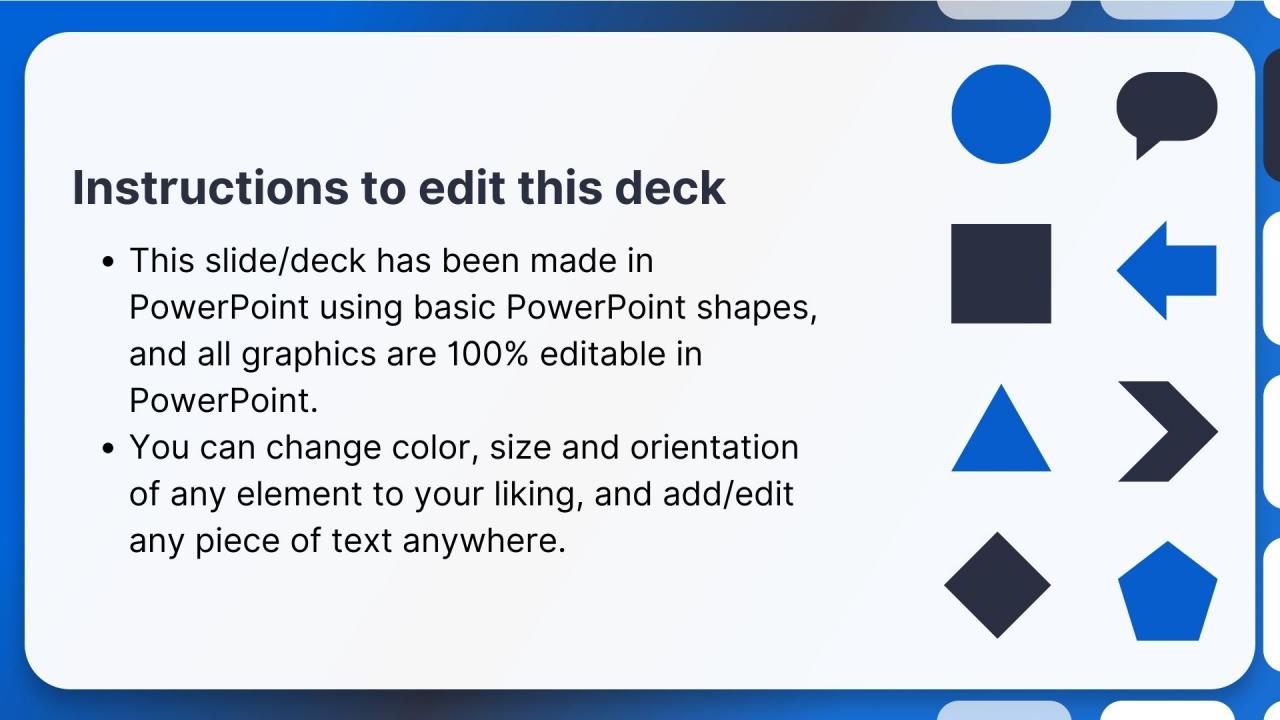Grid Computing Types Powerpoint Presentation Slides
Our comprehensive Grid Computing Types template enhances your understanding of grid computing. Our designed Grid Computing Components deck provides an overview of grid computing, covering its characteristics, benefits, types of machines, and essential resources. Moreover, the Grid Computing Services Powerpoint delves into the critical components of grid computing and explores grid computing architecture, methods for grid computing environments, security models, and operational mechanisms. Furthermore, our Grid Computing Architecture PPT showcases various types of grid computing and highlights grid user roles from administrative and user perspectives. Also, our Grid Computing Components template offers insights into the distinctions between grid computing, cloud computing, cluster computing, and utility computing. Lastly, Grid Computing Types PPT provides requirements for developing grid computing systems, a timeline for creating a grid environment, and a roadmap for establishing a robust grid computing network. Take advantage of the opportunity to access this comprehensive resource on Grid Computing Architecture, Grid Computing Services, Grid Computing Components, and Grid Computing Types. Get access now.
You must be logged in to download this presentation.
 Impress your
Impress your audience
Editable
of Time
PowerPoint presentation slides
Deliver this complete deck to your team members and other collaborators. Encompassed with stylized slides presenting various concepts, this Grid Computing Types Powerpoint Presentation Slides is the best tool you can utilize. Personalize its content and graphics to make it unique and thought-provoking. All the fifty eight slides are editable and modifiable, so feel free to adjust them to your business setting. The font, color, and other components also come in an editable format making this PPT design the best choice for your next presentation. So, download now.
People who downloaded this PowerPoint presentation also viewed the following :
Content of this Powerpoint Presentation
Slide 1: This slide introduces Grid Computing Types.
Slide 2: This slide depicts the Agenda of the presentation.
Slide 3: This slide incorporates the Table of contents.
Slide 4: This slide highlights the Title for the Topics to be discussed next.
Slide 5: This slide represents the overview of grid computing, which is a distributed framework.
Slide 6: This slide depicts the characteristics of grid computing technology.
Slide 7: This slide exhibits the Benefits of grid computing network.
Slide 8: This slide displays the types of machines used in a grid computing network.
Slide 9: This slide states the Types of resources in grid computing network.
Slide 10: This slide portrays the Heading for the Components to be covered in the following template.
Slide 11: This slide represents the user interface component of a grid computing network.
Slide 12: This slide talks about the security component of a grid computing network.
Slide 13: This slide describes the scheduler component of the grid computing network that helps execute the tasks.
Slide 14: This slide highlights the Key components of grid computing data management.
Slide 15: This slide describes the 5th component of grid computing, which is workload and resource management.
Slide 16: This slide incorporates the Title for the Ideas to be discussed further.
Slide 17: This slide represents the architecture of grid computing technology,used collaborative sharing of resources.
Slide 18: This slide illustrates the Grid comuting four-layered architecture.
Slide 19: This slide depicts the standards and methods for grid computing environments.
Slide 20: This slide reveals the Introduction to grid computing security model.
Slide 21: This slide presents the working of a grid computing network.
Slide 22: This slide elucidates the Heading for the Ideas to be covered in the forth-coming template.
Slide 23: This slide talks about data grid computing, used to share information among multiple computers or nodes.
Slide 24: This slide shows the collaborative grid computing type that solves the problems through seamless cooperation.
Slide 25: This slide depicts the manuscript grid computing.
Slide 26: This slide reveals the modular grid computing that separates the computing resources in a system.
Slide 27: This slide exhibits the Title for the Components to be discussed next.
Slide 28: This slide displays the grid roles from a user’s perspective.
Slide 29: This slide represents the grid user’s roles from the administrator’s perspective.
Slide 30: This slide includes the Heading for the Topics to be covered further.
Slide 31: This slide talks about the Application of grid computing in life science.
Slide 32: This slide deals with the Grid computing in engineering-oriented applications.
Slide 33: This slide depicts the use of grid computing in data-oriented applications.
Slide 34: This slide presents the application of grid computing in scientific research collaboration.
Slide 35: This slide outlines the use of grid computing in commercial applications.
Slide 36: This slide describes how grid computing technology is used in large-scale distributed computing as well as locally.
Slide 37: This slide mentions the Title for the Topics to be covered next.
Slide 38: This slide elucidates the Difference between cloud computing and grid computing.
Slide 39: This slide outlines the comparison between grid computing and cluster computing.
Slide 40: This slide represents the difference between grid computing and utility computing.
Slide 41: This slide includes the Hedaing for the Contents to be discussed in the following template.
Slide 42: This slide depicts the key requirements for developing a grid computing system.
Slide 43: This slide mentions the Title for the Ideas to be covered further.
Slide 44: This slide describes the timeline for creating a grid computing environment.
Slide 45: This slide portrays the Heading for the Ideas to be discussed next.
Slide 46: This slide covers the roadmap for grid computing network evolution.
Slide 47: This is the Icons slide containing all the Icons used in the plan.
Slide 48: This slide is used for showcasing some Additional information.
Slide 49: This slide exhibits the Challenges in grid computing technology.
Slide 50: This slide shows the Stacked column chart.
Slide 51: This slide presents the Line chart.
Slide 52: This is the Puzzle slide with related imagery.
Slide 53: This is Our team slide. State your team-related information here.
Slide 54: This slide contains the Post it notes for reminders and deadlines.
Slide 55: This is the About us slide. State your company-related information here.
Slide 56: This is the 30 60 90 days plan slide for efficient planning.
Slide 57: This slide reveals the Circular process.
Slide 58: This is the Thank You slide for acknowledgement.
Grid Computing Types Powerpoint Presentation Slides with all 63 slides:
Use our Grid Computing Types Powerpoint Presentation Slides to effectively help you save your valuable time. They are readymade to fit into any presentation structure.
FAQs
Grid computing is a distributed framework that allows the collaboration and sharing of computing resources among multiple computers or nodes. It enables the aggregation of computational power and storage capabilities to perform complex tasks efficiently.
The characteristics of grid computing include decentralization, virtualization, scalability, resource sharing, collaboration, and support for heterogeneous environments.
The benefits of a grid computing network include improved computational power, enhanced performance, cost-effectiveness, resource optimization, better fault tolerance, and the ability to handle large-scale distributed computing tasks.
In a grid computing network, various types of machines are employed, including desktop computers, servers, supercomputers, and specialized computing devices that collectively contribute their resources to the grid.
The components of a grid computing network include the user interface for interaction, security mechanisms to protect data and resources, a scheduler to manage task execution, data management for efficient handling of data, and workload and resource management for optimal task distribution and utilization.
-
Fantastic collection of visually appealing PowerPoint templates. They certainly uplift the look of the presentation.
-
What an exhaustive collection of templates you guys have there in slideteam. Impressive!!!






































































































































